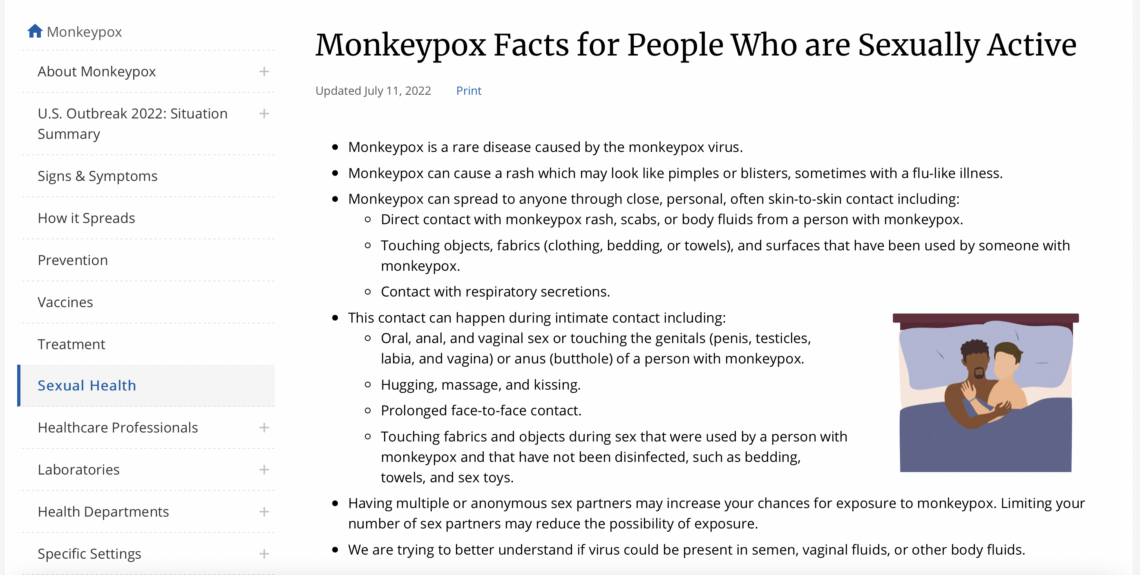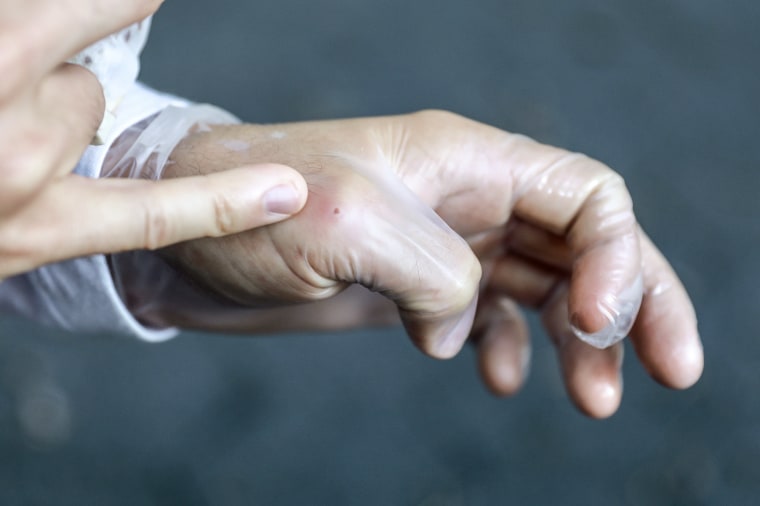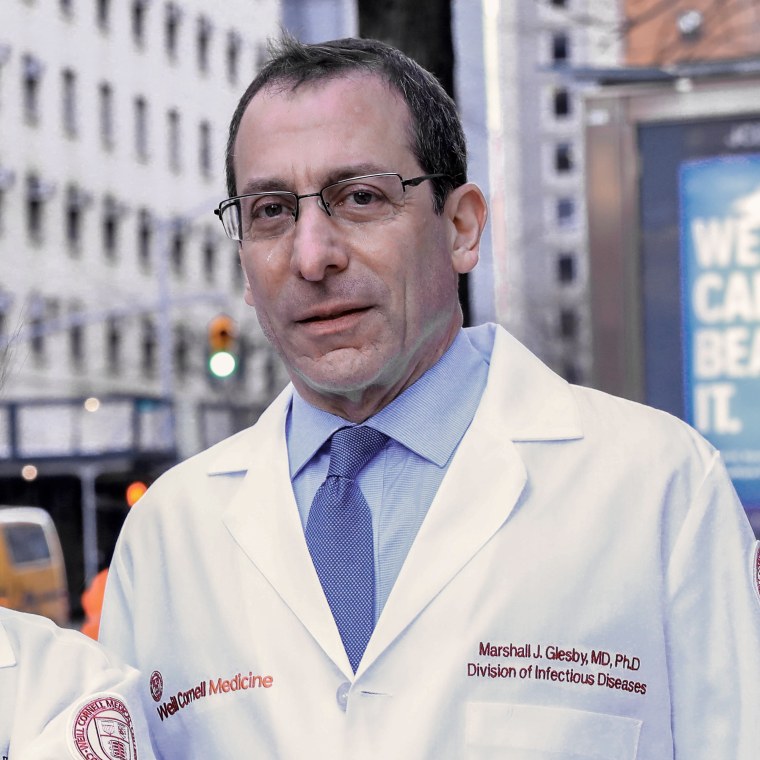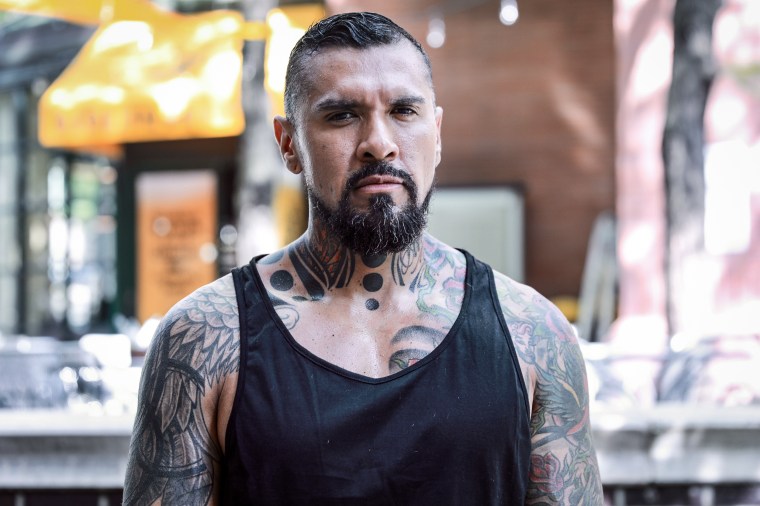Monkeypox is not a “gay disease” but it is being painted that way worldwide
In March 2020, when the COVID-19 pandemic was ravaging the world, a poster appeared in several places in Hyderabad, India. The poster warned, “Do not allow Kojjas, Hijras [an Indian transfeminine community] near the shops. If you talk to them or have sex with them, you will be infected with CoronaVirus. Beat & drive them away or call 100 [the emergency police contact in India] immediately. Save people from CoronaVirus Hijras. [sic]”
Several transgender-rights activists took note, and eventually, the police responded by removing the posters and launching a probe to identify the miscreants. But, this was not the first time that marginalized communities – especially queer and trans communities – were wrongly held responsible for the spread of a global pandemic and had violence instigated against them.
Unfortunately, it wasn’t the last time either. With the monkeypox virus (MPXV) having recently been declared a Public Health Emergency of International Concern by the World Health Organization (WHO), queer people are once again being discriminated against and stigmatized. Experts believe this will prevent successful public health interventions from controlling the spread of the disease.
Monkeypox Is Not A “Gay Disease”
MPXV is a viral disease that spreads through close contact. According to the Centers for Disease Control and Prevention (CDC), the infection spreads through:
- Direct contact with MPXV rash, scabs, or body fluids from a person with MPXV,
- Indirect contact, i.e., by touching objects or surfaces that have been used previously by somebody with MPXV,
- Through respiratory droplets and secretions.
Although MPXV is not as infectious as COVID-19, more than 16,000 cases have been recorded worldwide, and the number continues to grow.
A July 21 paper published in the New England Journal of Medicine, which analyzed demographics of MPXV infections from April to June 2022, reported that “98% of the persons with infection were gay or bisexual men.”
Similarly, in a tweet dated July 23, WHO chief Tedros Adhanom Ghebreyesus mentioned that “this…outbreak is concentrated among men who have sex with men, especially those with multiple sexual partners.” Ghebreyesus added, “That means that this outbreak can be stopped with the right strategies in the right groups.”
Does this mean queer men are at a higher risk of MPXV infections? Gagandeep Kang, an acclaimed virologist at the Christian Medical College, Vellore, India, told LGBTQ Nationthat ‘men who have sex with men’ are not the only group affected by the disease. “If MPXV was a ‘gay’ disease,” she added, “children would not be infected – which they have been in previous outbreaks of MPXV and this one.”
Kang pointed out that while the MPXV virus has been detected in the semen of affected individuals, it is “not strictly speaking a sexually transmitted disease. It is more of the respiratory and skin-to-skin contact routes that lead to transmission.”
A report by The Mint suggests that most MPXV cases are reported in queer men because of the “demographic’s positive health-seeking behavior.”
Adding to Kang’s comments, Aqsa Shaikh, an associate professor of community medicine at the Hamdard Institute of Medical Science and Research (HIMSR), New Delhi, India, and a public health researcher, told LGBTQ Nation that the data on which current conclusions about MPXV transmission are based is a “very weak level of evidence in epidemiological studies.”
Further, Shaikh cautioned that it is essential to distinguish between “association and causation.”
“Just because two things occur together does not mean one causes the other,” she said. So, according to Shaikh, even if we were to go by the reports that say queer men are disproportionately affected by MPXV, it does not mean “having gay sex or being a man who has sex with a man increases your risk of transmission of the disease.”
https://platform.twitter.com/embed/Tweet.html?creatorScreenName=queersprings&dnt=true&embedId=twitter-widget-2&features=eyJ0ZndfdHdlZXRfZWRpdF9iYWNrZW5kIjp7ImJ1Y2tldCI6Im9mZiIsInZlcnNpb24iOm51bGx9LCJ0ZndfcmVmc3JjX3Nlc3Npb24iOnsiYnVja2V0Ijoib24iLCJ2ZXJzaW9uIjpudWxsfSwidGZ3X3R3ZWV0X3Jlc3VsdF9taWdyYXRpb25fMTM5NzkiOnsiYnVja2V0IjoidHdlZXRfcmVzdWx0IiwidmVyc2lvbiI6bnVsbH0sInRmd19zZW5zaXRpdmVfbWVkaWFfaW50ZXJzdGl0aWFsXzEzOTYzIjp7ImJ1Y2tldCI6ImludGVyc3RpdGlhbCIsInZlcnNpb24iOm51bGx9LCJ0ZndfZXhwZXJpbWVudHNfY29va2llX2V4cGlyYXRpb24iOnsiYnVja2V0IjoxMjA5NjAwLCJ2ZXJzaW9uIjpudWxsfSwidGZ3X2R1cGxpY2F0ZV9zY3JpYmVzX3RvX3NldHRpbmdzIjp7ImJ1Y2tldCI6Im9mZiIsInZlcnNpb24iOm51bGx9LCJ0ZndfdHdlZXRfZWRpdF9mcm9udGVuZCI6eyJidWNrZXQiOiJvZmYiLCJ2ZXJzaW9uIjpudWxsfX0%3D&frame=false&hideCard=false&hideThread=false&id=1549769680591769604&lang=en&origin=https%3A%2F%2Fwww.lgbtqnation.com%2F2022%2F07%2Fmonkeypox-not-gay-disease-painted-way-worldwide%2F&sessionId=ffae4cb03df84a9c0c4e2fb654a8f3fb63f040e6&siteScreenName=lgbtqnation&theme=light&widgetsVersion=6da0b7085cc99%3A1658260301864&width=500px
However, none of this has stopped people from wrongly touting MPXV as a disease that disproportionately affects queer men. For instance, Muqtada al-Sadr, an influential Shia cleric in Iraq, took to Twitter on May 23 to suggest that MPXV resulted from same-sex behavior.
He also called MPXV “homosexual-pox” and asked that queer people “repent”, Middle East Eye reported.
Al-Sadr is not the only one guilty. Stand-up comedian Dave Chappelle has also been accused of calling MPXV a “gay disease”.
Interestingly, the CDC page on “Monkeypox Facts for People who are Sexually Active” mentions that “[the disease] can spread to anyone through close, personal, often skin-to-skin contact” [emphasis added]. However, the representative picture on the page shows two presumably male bodies in a sexualized position.

Remember COVID, AIDS, and SARS
Shaikh alluded that MPXV being portrayed as a ‘gay disease’ is one example of several instances where entire communities have been wrongly shown as carriers of disease and death. As an example, she pointed out how the SARS-COV-2 virus – the causative agent of the COVID-19 pandemic – was colloquially referred to as the ‘Wuhan virus’ in the initial days of the pandemic. This subjected Chinese people to discrimination and xenophobia.
Similarly, Muslims in India were subjected to severe discrimination and islamophobia when a large international gathering of Islamic preachers – the Tablighi Jamaat – in the country’s capital was blamed for a sudden rise in COVID-19 cases across the country. The Printreported, “For days, ‘Tablighi virus’ and ‘Corona Jihad’ trended on Twitter.” A politician from India’s right-wing Hindu-fundamentalist ruling party warned people not to buy vegetables from Muslims.
Perhaps one of the worst instances where queer and transgender persons were stigmatized and discriminated against while losing their lives to deliberate queer- and transphobia was when the HIV/AIDS infection was first identified worldwide.
It has been well-documented how queer and transgender people – along with other marginalized groups like people of color, sex workers, and migrant workers – were portrayed as the key carriers of the virus.
Further, as The New Statesman has reported recently, “there was little public will to tackle the virus until people realized that HIV infected everyone, including heterosexuals [sic], equally.”
Shaikh told LGBTQ Nation that this ostracization of marginalized groups negatively affected public-health interventions to control the spread of HIV.
“It doesn’t help because queer and trans people are already stigmatized, and they eventually go further into hiding,” she said, talking about how such stigma discouraged people from getting tested.
Discrimination against queer and trans people resulting from their stigmatization during the early years of the HIV/AIDS pandemic has left marks that are difficult to erase even today.
Science Over Stigma
Shaikh and Kang agree that touting MPXV as a ‘gay disease’ endangers both queer and non-queer people. In the case of queer people, Kang told LGBTQ Nation, “stigmatization leads to lack of or delayed access to care.” On the other hand, she added, “If MPXV is labeled as a ‘gay disease’, then straight people will consider themselves not at risk and be at a higher risk.”
According to Shaikh, tagging MPXV as a ‘gay disease’ is a “distraction.”
“Rather than researching MPXV, we appear to be keener to prove whether it is a ‘gay disease’ or not. A lot of crucial time and resources that could have been utilized in other aspects of epidemiology are getting wasted in this debate,” she said.














